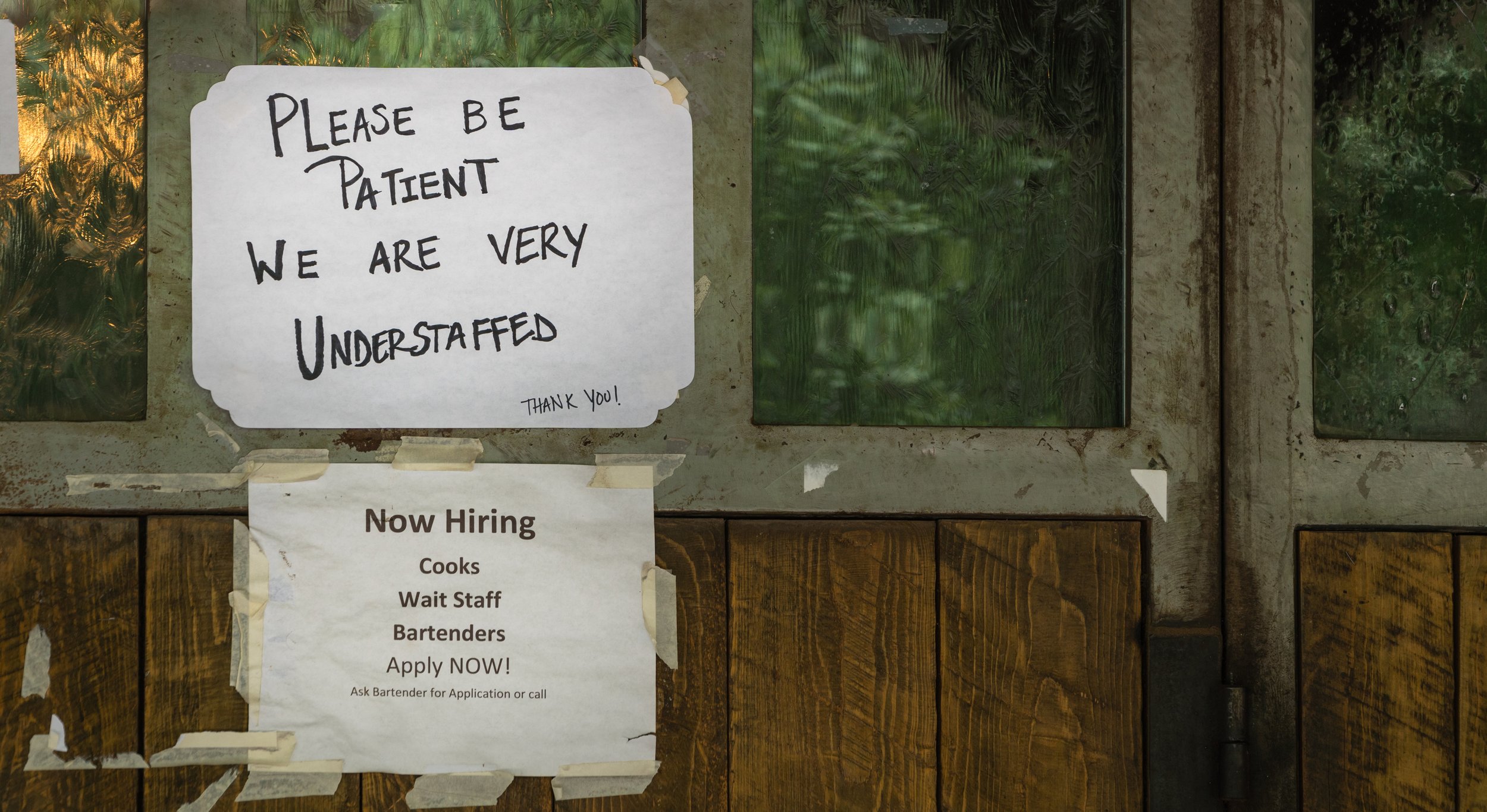iStockphoto.com | HABesen It’s a weird time to be hiring. Job seekers and employees have grievances that morphed into The Great Resignation, yet many companies haven’t adapted their hiring practices to the times. If you’re trying to hire a quality candidate to fill an open position, here’s eight factors to consider as you look at …


iStockphoto.com | HABesen
It’s a weird time to be hiring. Job seekers and employees have grievances that morphed into The Great Resignation, yet many companies haven’t adapted their hiring practices to the times. If you’re trying to hire a quality candidate to fill an open position, here’s eight factors to consider as you look at talent.
-
It’s not 2008. Remember The Great Recession? Let’s think back. A housing crisis, failing banks, double-digit unemployment, the global economy teetering on the verge of collapse, and a thousand job applicants per job. 2021 isn’t 2008. It’s a seller’s market for labor. There are a lot of jobs. You will not be able to choose from an endless parade of candidates, and the ones you interview are more discriminating. They have the power. Prepare accordingly.
-
Align your hiring expectations to what you really need. If you’re hiring someone to run the cash register, you don’t hire someone with a Ph.D. from Berkeley (see 2008). If you’re hiring someone to run the show, you don’t hire someone right out of college whose only previous job is “influencer.” Take the time to understand what you need, find candidates with the transferable skills to do the job, and be willing to train.
-
Treat people like people. The job process is impersonal and cold. It opens with labor-intensive online applications with multiple third-party operators (e.g., job boards/application administrators). Then candidates move on to applicant tracking systems designed to filter people out, followed by a phone screen, then maybe a Zoom. When a job candidate reaches a person, they feel like they’ve endured the longest deli line in history. The way you treat people during the hiring process matters.
-
Respect a candidate’s time. The job hiring process best serves both parties when it’s respectful and fair. Job candidates go through a lot of trouble to be ready for interviews, and it’s a reasonable expectation that the interviewers are as well. Be on time and make the candidate feel valued for being there.
-
You’re not the only one hiring. Don’t expect a candidate to sell themselves if you’re not prepared to sell the company. Hiring is a two-way street. Companies should express why someone should want to work for them. What does it mean to work at your company? What is the culture? What kind of personal and professional growth can a potential employee expect? Job seekers know when they’re getting a fair assessment and when they’re getting lip service.
-
Consider offering some variation of Work From Home (WFH). Is WFH really out of the question? Workers overwhelmingly want at least some WFH options, yet many companies want employees back in the office full time. Hybrid models may attract more and better candidates. Companies may want to roll WFH options into overall compensation packages or offer it as a company-wide perk. For example, say 25% of a company’s employees work remotely, but 100% have flexible schedules that include well-defined remote periods when kids are home for fall and winter break; or when a loved one needs medical care. That type of benefit may be a powerful recruiting tool.
-
Look at the compensation you’re offering. No, really, look at it. Now add a pinch of inflation. Wait, no. Not a pinch. The worst inflation in thirty years. If your compensation hasn’t increased to match rising costs, your competitor’s compensation may be. If your company can’t afford the employees it needs in dollars and cents, selling candidates on deferred compensation may be more difficult these days.
-
Don’t wait around. Job seekers are fed-up with hiring processes that take months, and you don’t have the luxury to wait around. If your hiring process takes too long, quality candidates will lose interest. People make job decisions much faster, and you need to make faster hiring decisions.
Philip Roufail contributed to this article.
Scott Singer is the President and Founder of Insider Career Strategies Resume Writing & Career Coaching, a firm dedicated to guiding job seekers and companies through the job search and hiring process. Insider Career Strategies provides resume writing, LinkedIn profile development, career coaching services, and outplacement services. You can email Scott Singer at scott.singer@insidercs.com, or via the website, www.insidercs.com.





